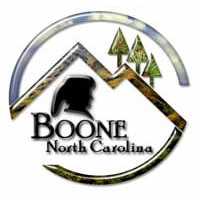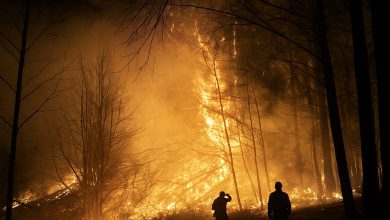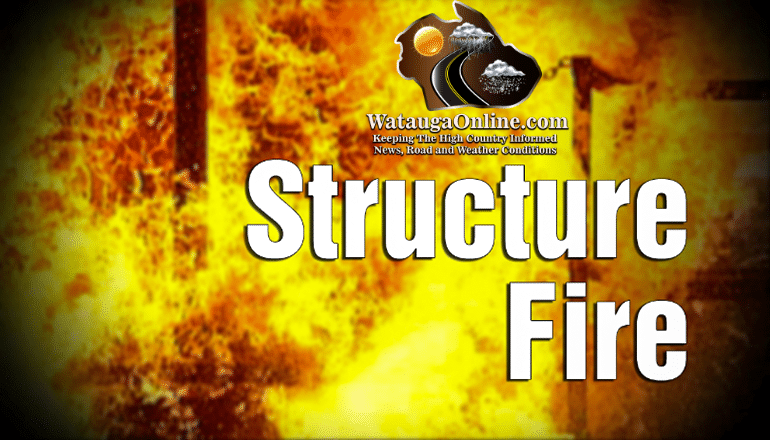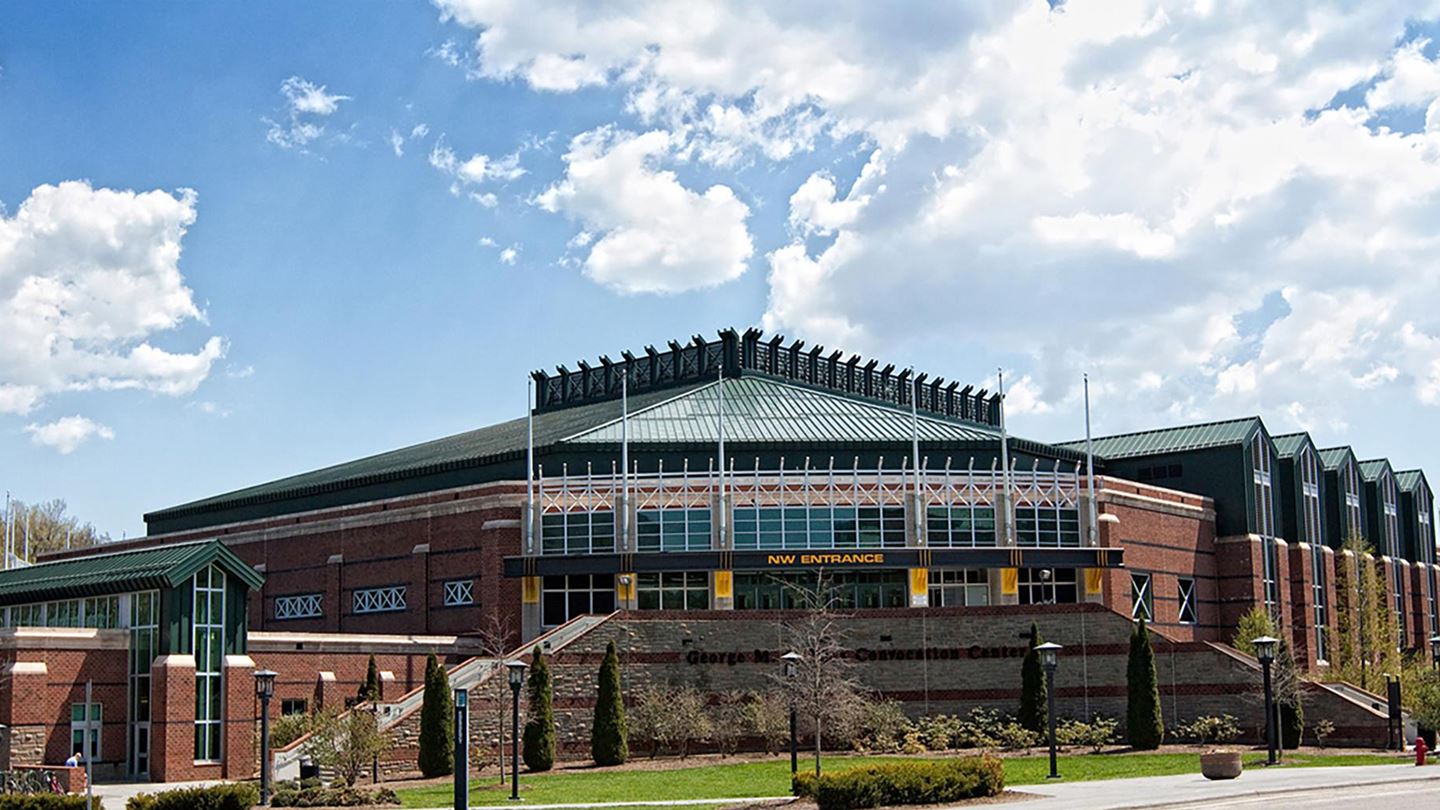Last Updated on November 14, 2016 1:01 pm
“We have California wildfires in North Carolina and they continue to cause serious challenges for our firefighter community, for towns throughout western North Carolina, and they continue to use a lot of resources and impact our environment,” said Governor McCrory. “We are working together as a team among mayors, county commissioners, state officials, the federal government and firefighters to address our priorities of containing these fires and protecting the safety of our first responders, citizens and structures.”
To date, wildfires have threatened 1,780 structures, damaged one structure and destroyed two structures. Investigations continue into the cause of wildfires, however Governor McCrory said dry conditions in the region may cause fires to last several months. He also expressed his concern and appreciation for firefighters from North Carolina and throughout the country engaged in combatting the wildfires.
On Saturday, the Federal Emergency Management Association (FEMA) approved Governor McCrory's request for financial assistance through Fire Management Assistance Grants which allow FEMA to pay for 75 percent of the emergency protective measures taken in fighting the fires including expenses for field camps; equipment use, repair and replacement; tools, materials and supplies; and mobilization and demobilization activities.
Governor McCrory's State of Emergency remains in effect for 25 counties in western North Carolina. While many evacuation orders have been lifted, mandatory evacuations are still in place in Burke, Graham and Rutherford counties. One shelter is open in Henderson County with three occupants.
The governor said officials will use more roads and creeks as natural containment barriers to fight fires over the coming days. In addition to nearly 1,600 firefighters from North Carolina and other states, 100 engines are being used to combat the wildfires. In support of the U.S. Forest Service, N.C. Emergency Management's Helo-Aquatic Rescue Team has deployed a N.C. National Guard Blackhawk helicopter to be on standby, along with local rescue technicians to perform any rescues necessary from wildfire fighting operations.
Fires have closed many state parks, sections of the Appalachian Trail and roads throughout the region. The Tellico Fire in Macon and Swain counties has closed a 10-mile section of US 19/74 between NC 129 and NC 28. The Party Rock fire near Lake Lure and Chimney Rock has closed a 7-mile stretch of US 64/74A and NC 9. The N.C. Department of Transportation has set up detours around closed roads. For more information on road closures, click here.
Governor McCrory said that among the eight major wildfires still burning in North Carolina, the Party Rock fire in Rutherford County is considered the No. 2 priority fire in the nation and has caused 1,000 people to be evacuated. Details on the major fires burning are found below:
Tellico Fire – Macon/Swain counties:
- Approximately 13,700 acres burned to date – 33% contained
- 190 firefighters on scene
Party Rock – Rutherford County:
- Approximately 2,450 acres burned – 15% contained
- 376 firefighters on scene
Chestnut Knob – Burke County:
- Approximately 2,850 acres burned – 15% contained
- 120 firefighters on scene
Boteler – Clay County:
- Approximately 8,695 acres burned – 23% contained
- 351 firefighters on scene
Dicks Creek – Jackson County:
- Approximately 730 acres burned – 92% contained
- 51 firefighters on scene
Knob – Macon County:
- Approximately 1,130 acres burned – 90% contained
- 27 firefighters on scene
Maple Springs & Old Roughy – Graham County:
- Maple Springs: approximately 7,177 acres burned – 15% contained
- Old Roughy: approximately 657 acres burned – 60% contained
- 410 firefighters on scene
Muskrat Valley- Macon County:
- Approximately 103 acres burned
- 50 firefighters on scene



















